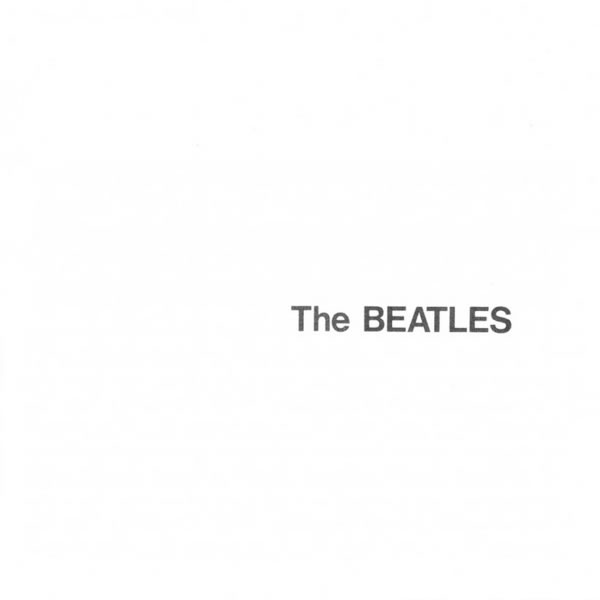|
Previous / Next
UK album |
 |
The Beatles
First released: 1968, November 22 Buy
|
| Covers |
|---|

|
| Additional information | ||||||||||
|---|---|---|---|---|---|---|---|---|---|---|
Songs recording date and information:
A massive out-pouring of Beatles recordings: 30 in one double set. This was that the Beatles wanted - and they were in charge. But George Martin probably wished that he still held the upper hand. "With the 'White Album' they'd come back from India with 32 songs and they wanted to record every one of them. I listened to them all and there were some which I didn't think were that great. But a split had already taken place and they were wanting to do their own things, so the whole of the album, because there was so much to do, became fragmented, with two - sometimes three - studios in use at any one time. I almost became Executive Producer, running from one studio to another and handling one particular thing while the Beatles and Chris Thomas got on with other things. "I really didn't think that a lot of the songs were worthy of release, and I told them so. I said 'I don't want a double-album. I think you ought to cut out some of these, concentrate on the really good ones and have yourself a really super album. Let's whittle them down to 14 or 16 tutkes and concentrate on those.'" The Beatles, obviously, chose to ignore this advice. One frequently aired explanation for the great quantity of the songs on The Beatles and for the way that they were recorded, several being entirely solo efforts, is best summed up in George Harrison's own words "[by 1968] the rot had already set in". Another is that with John and Paul as prodigious as ever, and with George - and even Ringo - writing more then ever, there was certainly much material to be pooled, yet none of the four seemed prepared to sacrifice his own interests. George Martin even thinks that in releasing 30 songs in one batch, the Beatles may have been attempting to partly fulfil, in as quick a manner as possible, a pre-set song quota in the group's nine-year recording contract, signed with EMI in January 1967. But whether The Beatles is viewed as the Beatles' ninth album of new material, or as merely a collection of solo material, it must be the music by which the set is finally judged. And in that department it was a winner, a very enjoyable product and an enormous seller all around the world. Te annual collection of facts and feats, The Guinness Book Of Records , still quotes The Beatl as having sold "nearly two million" copies in its first week of US release. After the amazing sleeve for Sgt. Pepper's Lonely Hearts Club Band , it seemed in 1968 that some people were awaiting the cover of The Beatles as anxiously as the records inside. It did not disappoint, being a stark white sleeve, conceived by influential "fine artist" Richard Hamilton, as the perfect minimalist antidote to the scores of increasingly garish Sgt. Pepper imitations flooding the market by late 1968. The only markings on the sleeve of The Beatles were the embossed title and an individual serial number. But inside the record wallets were the free goodies: a poster with a fascinating Richard Hamilton collage of personal Beatles photographs and ephemera, and four individual colour shots of the Beatles taken in late 1968 by John Kelly. (It is interesting to note that this was not always the concept. In June, shortly after beginning sessions for the double-album, the Beatles commissioned various designers and printers to come up with sleeve ideas, one being a transparent cover which would reveal a colour photograph as the record was pulled out of the wallet. And The Beatles was not always going to be the title. At one point the double-album was going to be A Doll's House , after Henrik Ibsen's 19th century masterpiece.) - Mark Lewishon "The Beatles Recording Sessions"
|

